The Republican Party has its presidential opening night … in the afternoon. Thanks to a plethora of presidential candidates, the first debate will take place over a period of six hours, with the the first two hours reserved for the Three Or Less Percenters of the field. That’s an artifact of polling that largely rewards name recognition, not the seriousness of the candidates, which is why we have Governors Rick Perry and Bobby Jindal, as well as Carly Fiorina in the opening act despite getting generally good reviews and enthusiastic responses on the campaign trail. They are joined in the matinee by last cycle’s runner-up Rick Santorum, Lindsey Graham, George Pataki, and Jim Gilmore, the latter two of which make Graham look cutting edge.
Fox will broadcast this live starting at 5 ET, so the seven opening acts will at least get a chance to make a national impression. This might make for a better debate anyway, since the main debate will have 10 people competing for a similar amount of screen time. No one on this stage really has any reason to attack the other people in the debate, so the pressure for zingers could be a lot less. They’ll offer token jabs at Donald Trump and Jeb Bush, but for the most part they will need to focus on building up their own brands. They don’t want to be the opening acts for the next debate.
Perry, Fiorina, and Jindal have the most to win and lose in this debate. Perry has to come across as highly prepared, given the debacles of 2011’s debate, or he’s out. This time around, he’s been at the top of his game, and Perry may end up being the big fish in the small pond by night’s end. Fiorina has been impressive on the stump, surprising some observers, and she needs to show that in this kind of extemporaneous forum. Jindal is sometimes considered to be too wonkish to make emotional connections, and his SOTU response several years ago still lingers in the minds of some. However, Jindal may also surprise — he’s sharp, good on his feet, and has stepped up his game. Not only might these three have the best opportunity to move into the leading pack, the separate debate may help them eclipse the second-rankers who will be on the prime-time stage.
What about the other four? With the exception of Graham, they have all been out of office so long that it’s difficult to see how they make themselves relevant to GOP primary voters. None of them (including Graham) have reputations for being masters in this format or even particularly inspiring, although Santorum will score a few points on blue-collar economics. Graham will try to carve out a niche on foreign policy, but will that excite and inspire the base? Seems doubtful.
I’m writing this from the Red State Gathering, where I will host pre- and post-debate discussions on the main stage that bookend the prime-time debate, but not this one. I also wrote a preview on both debates for The Fiscal Times, in which I caution that this is just the beginning of the process, and predict a low level of fireworks the first time out:
In this environment, what should discerning voters look for to determine the winners and losers in time for the inevitable media pronouncements? The first principle to keep in mind is this: don’t look for winners and losers. This is just the start of the process, and there will be few opportunities for knockout punches at this stage.
This may be the only real virtue of the two-tier system in this debate. Most of those who might be expected to act as if they have nothing to lose, and who therefore might swing for the fences against the polling leaders, will be grouped into the same matinee; their targets will all be in the other half of the debate. The candidates in the primetime debate have some standing to protect and will likely expect to stick around for at least the next few debates. There will not be a lot of upside in either debate for going dramatically negative and nasty, especially when those who tune in may be getting their first real look at the participants as presidential candidates. …
Even if there are no direct attacks on each other, the narrow time slices in this format should play to Trump’s strength now and to Rubio’s as well. Walker has done better than expected on the stump with his folksy charm, but Rubio can spin a tapestry of the American dream in a tight timeframe. Trump can respond in very general terms to policy questions in a similar manner to his television interviews of late, pushing off until later questions about the depth of his policy understanding and his true political orientation.
Still, Trump is most at risk in this format, not so much because of the other candidates but because of himself. He does not have the experience in sharing a political debate stage that his competitors do, and errors at this level can occasionally be fatal to campaigns – as Rick Perry can attest. The other candidates in the prime-time finale might steer clear of Trump in order to give him enough rope to hang himself rather than confront him at this first event. If Trump survives, they can take him on later if necessary.
Surprises can happen, though. That’s why they prep for these debates … or maybe they don’t. Fox News talks about why the candidates may not bother with prep, since all of the value is in style and one-liners. Heck of a way to elect the Leader of the Free World, eh? But that’s a column for another day.

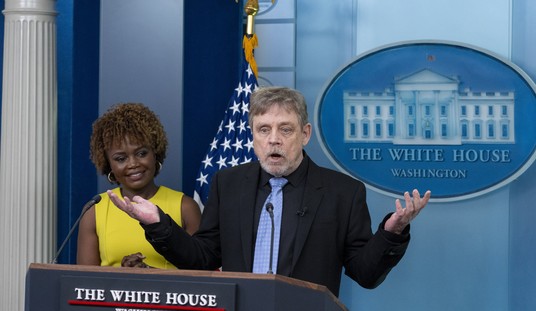

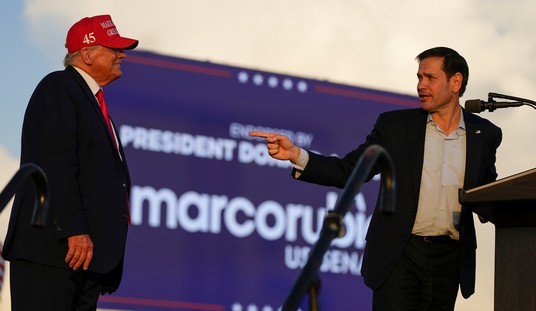
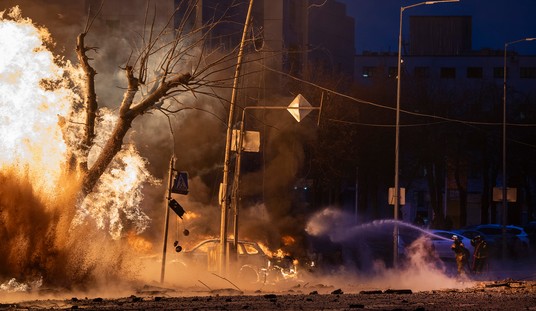
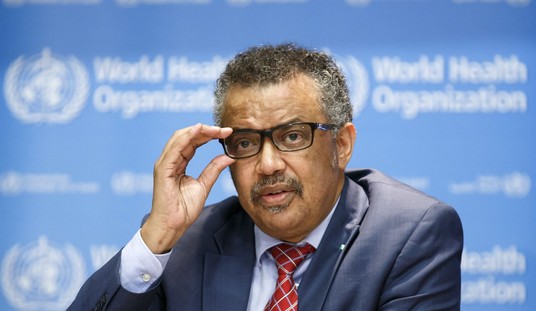
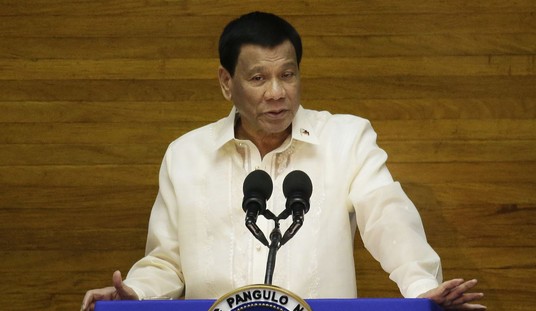

Join the conversation as a VIP Member